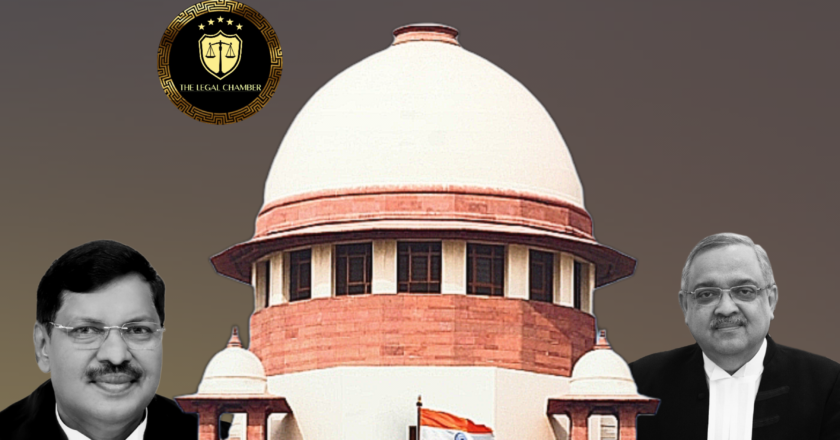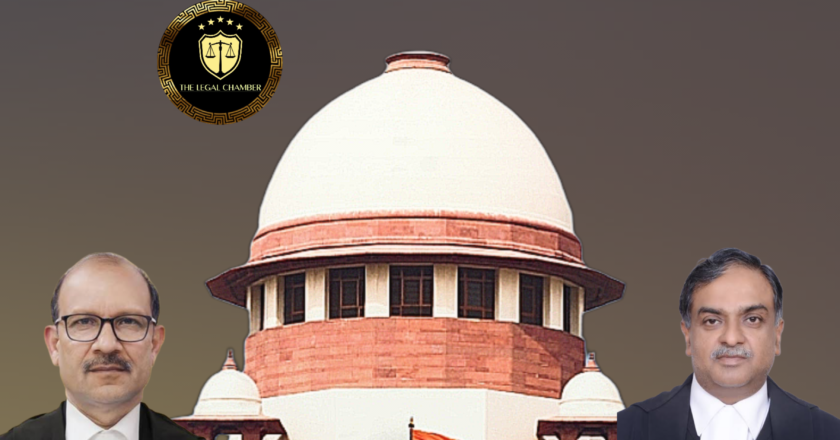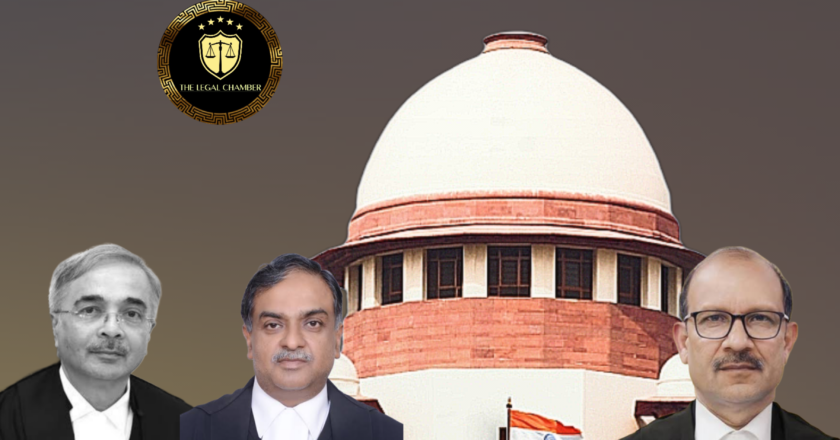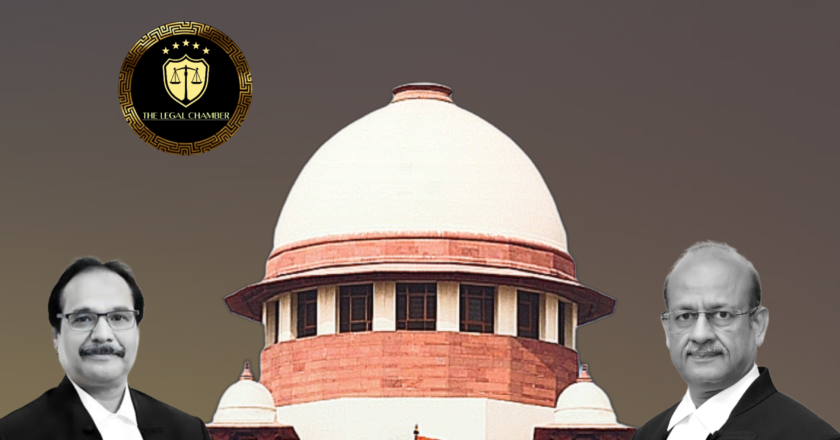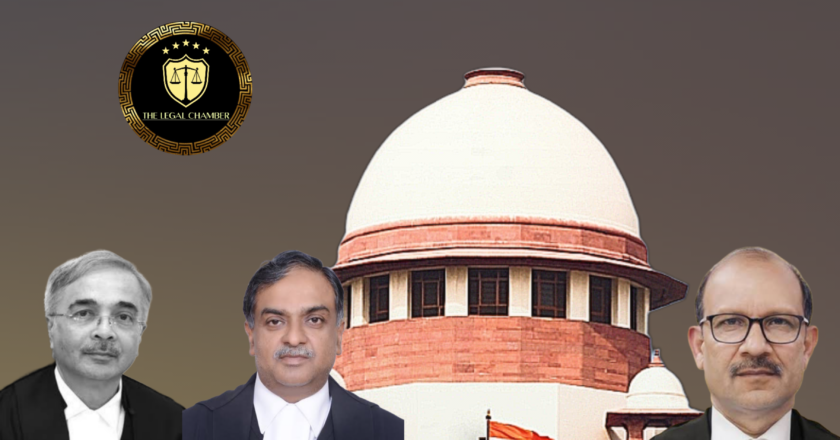Supreme Court Approves New Definition of Aravali Range, Bans New Mining Pending Study
The Supreme Court, while accepting a committee's operational definition of the Aravali Hills and Ranges for mining regulation, directed the preparation of a Management Plan for Sustainable Mining. This plan must identify conservation zones and permissible mining areas based on ecological carrying capacity. The Court ordered that no new mining leases be granted until this scientific study is finalized, balancing environmental protection with regulated mining activities.
Facts Of The Case:
The case originated from issues raised in the long-standing writ petition, T.N. Godavarman Thirumulpad v. Union of India, concerning the conservation of forests. A specific question arose before the Supreme Court in January 2024 regarding whether certain mining activities in Rajasthan fell within the leg...
